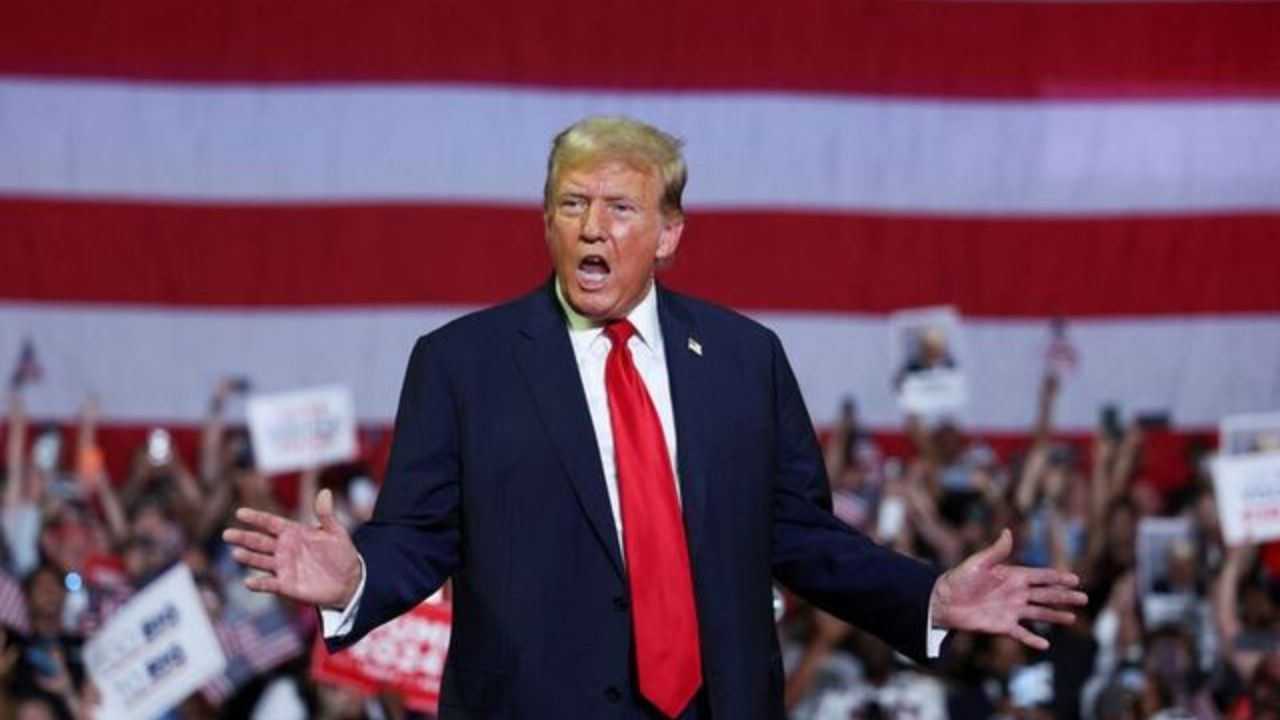Judge Partially Lifts Trump Gag Order: Know More Here
On Tuesday, after the Republican presidential contender was found guilty of trying to sway the 2016 election by purchasing the quiet of a porn star, a New York judge partially removed an injunction imposing a gag order on him. The amended order maintains the ban on Trump’s remarks about specific prosecutors and other parties connected to the case but permits him to openly discuss witnesses in the case and does away with the limit on his statements regarding the jury.

According to Justice Juan Merchan’s order from Tuesday, there is still a second order that prevents Trump or anybody else from disclosing the identities of the anonymous jury members. Trump’s attorneys contended that the gag order was suppressing his campaign speech and that it may make it more difficult for him to refute Democratic President Joe Biden’s criticisms during their upcoming debate on Thursday.
Alvin Bragg’s office of prosecutors in Manhattan declared that there was no longer a need to impose restrictions on Trump’s remarks regarding trial witnesses. However, citing threats to their safety, they requested Merchan to maintain the limitations on his remarks concerning juries, court personnel, and specific prosecutors.
A Manhattan jury found Trump guilty on May 30 of concealing his former attorney Michael Cohen’s $130,000 hush money payment to adult film actress Stormy Daniels. Daniels was threatening to go public with her account of a sexual encounter with Trump before the 2016 election. This was the first criminal trial of a U.S. president. That year, Trump was elected to a four-year term; he has pledged to appeal his conviction and refute the allegations of the 2006 encounter. On July 11, four days before his party meets to formally nominate him to run against Biden for president before the election on November 5, he is set to be sentenced.
Merchan, who believed that Trump’s history of making threatening remarks presented a risk of sabotaging the proceedings, issued the gag order before the trial starting in April. During the seven-week trial, the judge fined Trump $10,000 for breaking the order and threatened to put him in jail if he broke it again on May 6.
Prosecutors claimed that to justify the necessity for additional limitations, Trump’s followers had made threats of violence and attempted to identify the anonymous jury members. In a court document dated June 20, they stated, “Therefore, it is still imperative to shield the jurors in this case from attacks by the defendant and those he motivates to action.”
In a court filing dated June 11, defence attorneys Todd Blanche and Emil Bove contended that imprisoning Trump for “harassing communications” by “independent third parties” would be a violation of his right to free expression.
According to them, Trump’s political rivals were wielding the limitations as a “political sword.” Additionally, they stated that Trump was powerless to counter public criticism from Cohen and Daniels, who provided prosecution-side testimony during the trial.
The ban does not stop Trump from discussing Merchan and Bragg or from criticizing the case.


Comments are closed, but trackbacks and pingbacks are open.